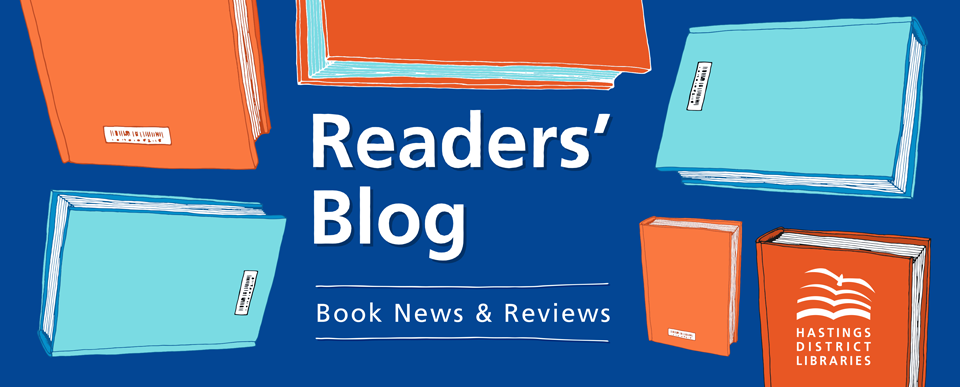Much of the story is from the point of view of Rachel, an alcoholic who would like her old husband and house back. But he’s moved on with a new wife and baby. So Rachel, whose drinking has ruined her marriage and lost her both job and income, keeps up a sham of travelling to work each day on the same commuter train, where she can see her old house from the window. Further along the street she also watches the house where Jess and Jason live, the couple she imagines have the perfect life.
The tension moves up a notch when Jess (real name: Megan) disappears soon after Rachel makes a shocking discovery. She tries to tell the police but they just see her as a pathetic fantacist and perhaps they’re right. And what is the cause of Rachel's lurking sense of dread?
Rachel isn’t the only character who isn’t who they seem and soon her anxiety becomes the reader’s anxiety and a number of unexpected plot twists make for thrilling reading. I imagine The Girl on the Train will make a terrific film full of ominous clackety-clack railway sound effects and looming shadows a la Hitchcock.
Posted by JAM
Catalogue link: The Girl on the Train




